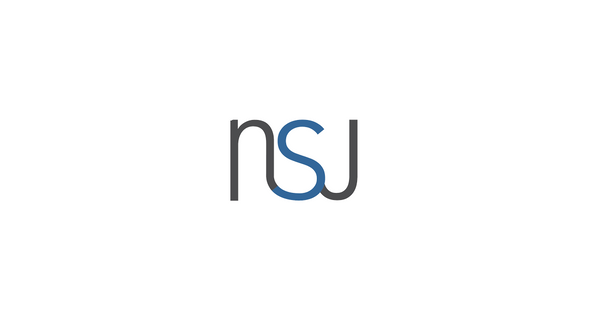Description
ASPH Antibody | R32203 | Gentaur US, UK & Europe Disrtribition
Family: Primary antibody
Formulation: 0.5mg/ml if reconstituted with 0.2ml sterile DI water
Format: Antigen affinity purified
Clone: N/A
Host Animal: Rabbit
Clonality: Polyclonal (rabbit origin)
Species Reactivity: Human, Mouse, Rat
Application: WB, IHC-P, ICC, FACS
Buffer: N/A
Limitation: This ASPH antibody is available for research use only.
Purity: Antigen affinity
Description: ASPH is also known as Aspartyl/asparaginyl beta-hydroxylase or aspartate beta-hydroxylase. This gene is thought to play an important role in calcium homeostasis. And the gene is expressed from two promoters and undergoes extensive alternative splicing. The encoded set of proteins share varying amounts of overlap near their N-termini but have substantial variations in their C-terminal domains resulting in distinct functional properties. The longest isoforms (a and f) include a C-terminal Aspartyl/Asparaginyl beta-hydroxylase domain that hydroxylates aspartic acid or asparagine residues in the epidermal growth factor (EGF)-like domains of some proteins, including protein C, coagulation factors VII, IX, and X, and the complement factors C1R and C1S. Other isoforms differ primarily in the C-terminal sequence and lack the hydroxylase domain, and some have been localized to the endoplasmic and sarcoplasmic reticulum. Some of these isoforms are found in complexes with calsequestrin, triadin, and the ryanodine receptor, and have been shown to regulate calcium release from the sarcoplasmic reticulum. Some isoforms have been implicated in metastasis.
Immunogen: Amino acids EVWQDASSFRLIFIVDVWHPELTPQQRRSLPAI of human ASPH were used as the immunogen for the ASPH antibody.
Storage: After reconstitution, the ASPH antibody can be stored for up to one month at 4oC. For long-term, aliquot and store at -20 °C. Avoid repeated freezing and thawing.






